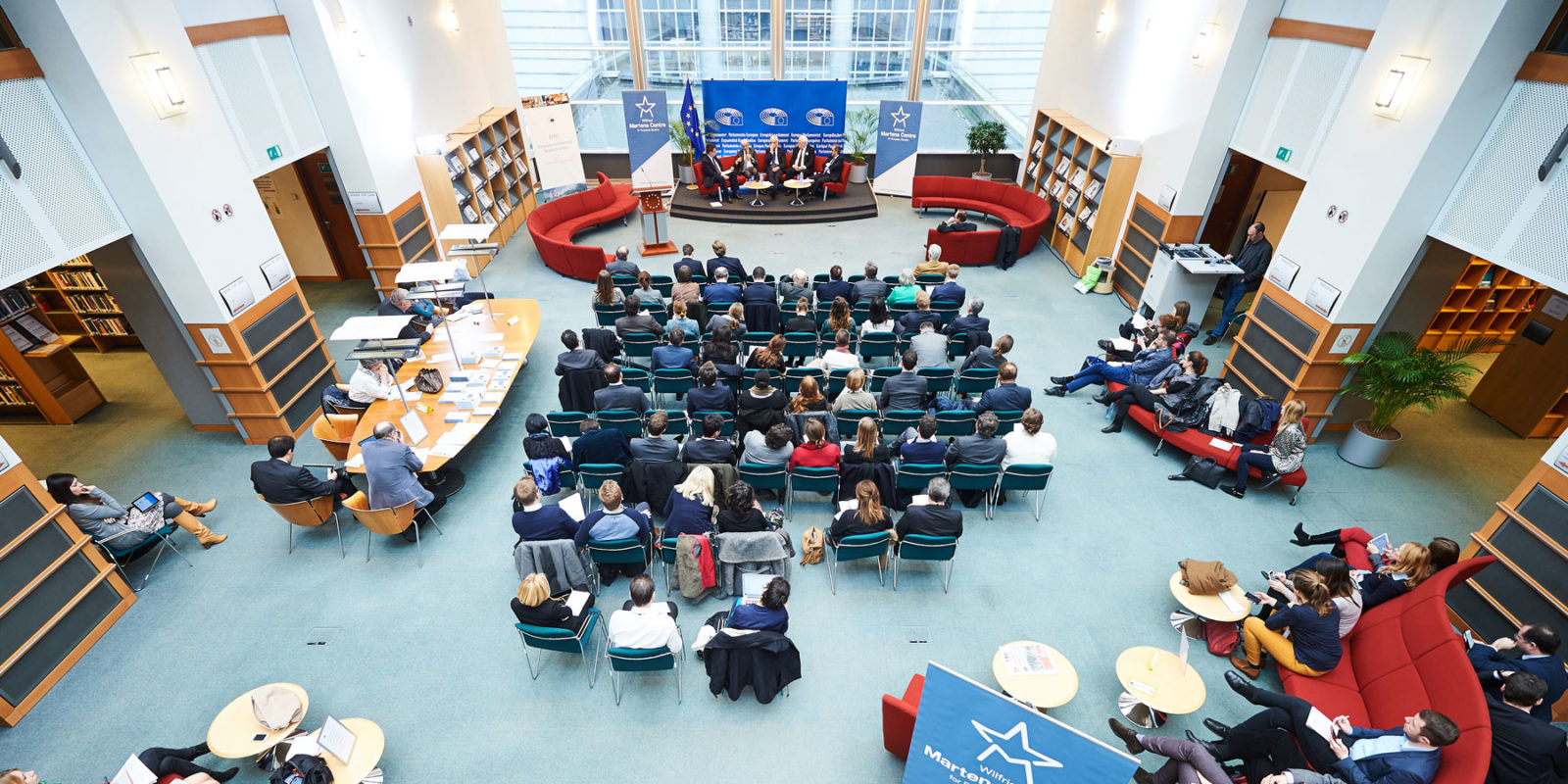NGO lobbying on Trade and Investment: How to ensure accountability and transparency at the EU Level
Non-governmental organisations (NGOs) are an indispensable part of civil society. However, NGO influence on policymaking is not always positive. A large number of well-connected NGOs explicitly aim to influence EU trade and investment policymaking.
Some of the most influential NGOs that have frequently campaigned against vital EU trade and investment policy objectives receive(d) substantial funding from the European Commission and national governments, with German federal ministries taking a central role.
What should be done by EU policymakers to ensure that NGOs financed by the EU do not fundamentally contradict the EU’s basic principles, e.g. free trade and a strong transatlantic relationship? How to ensure that taxpayer funds are not used for targeted lobbying for more public funding or for hiring lobbying firms? How to improve public access to up-to-date information on public grants and the terms of reference agreed between European Commission departments and NGO grant recipients?
Join us for a discussion of a recent study, published by the Martens Centre and ECIPE, on NGO accountability and transparency at the EU level.





